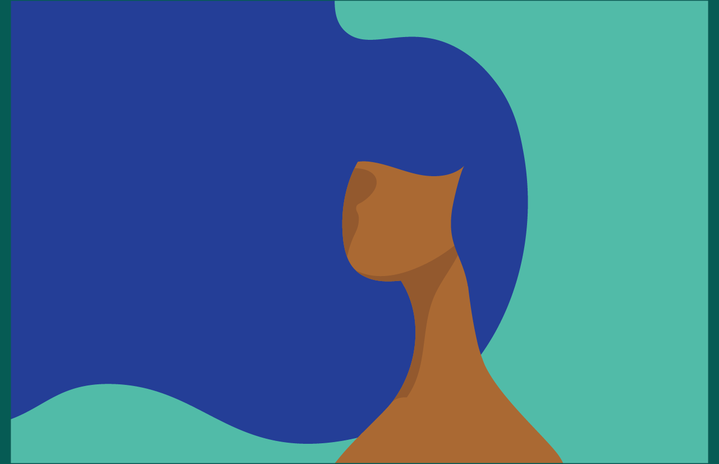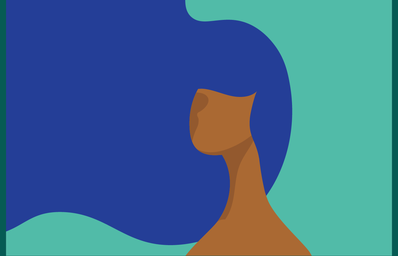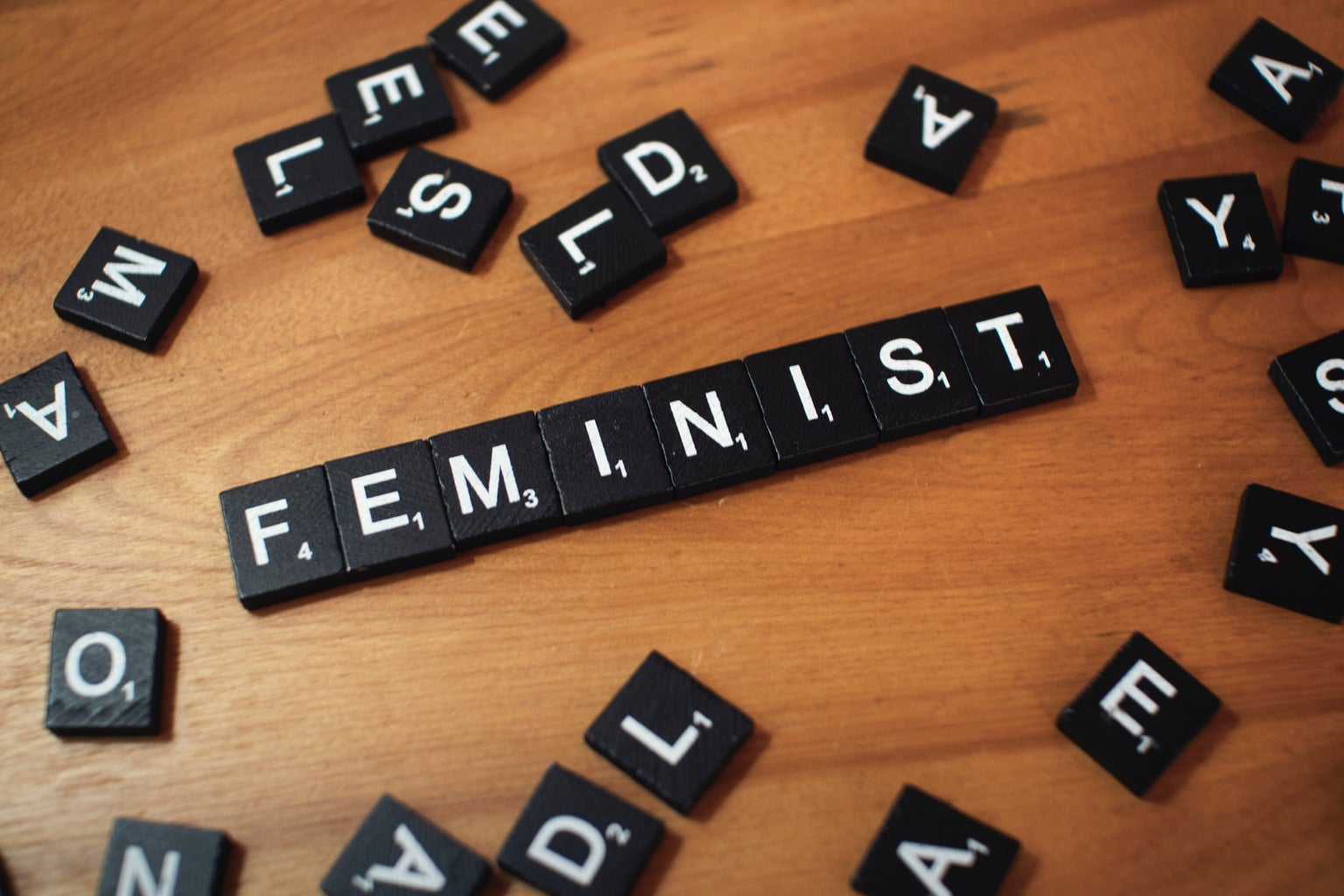When I was a freshman in high school, I remember being so excited to join the feminist club that one of my older sister’s friends was starting. I couldn’t believe there would be a space where I could talk about my thoughts and ideas with people who share the same ideals as me; people who were also frustrated with the existence of the wage gap and were tired of not being taken seriously because we were teenage girls and the misogyny that was and is so deeply rooted in our society.
On my way to the first meeting, I ran into two of my friends at one of their lockers. When they asked me where I was headed I told them and they both looked at each other and then laughed at me. They asked me condescendingly, “why would you go to that? Are you a feminist or something?” I answered yes and said there are a lot of issues that affect women I feel need to be addressed. One of them rolled her eyes and said she didn’t think there was anything wrong here, at school. I feel like that comment really cemented how we could live in the same space and yet have such vastly different experiences.
I didn’t really know what to say after that because I was so taken aback by their reaction. I’d known these people all my life and shared so much in common with them. How could they brush me aside this way just because I felt like I could say that I’m a feminist?
Of course, I don’t hold this against them because we were literal kids and we have all done a lot of growing and learning since. This moment is something they probably don’t even remember but it stuck with me because I have a habit of remembering every little thing and also because it would not be the last time I was met with such a reaction for saying I support feminism. It is something I would learn more about in one of my first classes here at VCU.
It was in my Gender & Women’s Studies class that I was introduced to one of my favorite literary minds and activist, bell hooks (may she rest in power <3). For said class, I had to read “Feminism is for Everybody” by bell hooks so it’s only fitting to name this article after the book that put everything I ever observed or experienced being a woman into words.
In the introduction of the text, she explains the reason she wrote the book was to create a simple “handbook” explaining what feminism really is. You see, Hooks had similar encounters with people when explaining she was a writer and feminist theorist. They were intrigued about her job as a writer, but when it came to feminist theory — not so much.
They would assume she was perpetually angry and that she hated men just because she was a feminist. When done explaining what feminism really means and is, they would have a change in their perspective, hence the reason for this book. So, what is feminism, really, and why a common misconception?
To quote Hooks, feminism can simply be defined as “the movement to end sexism.” That’s it. There is no mention of hating men or having so much rage you want to burn your bra because it oppresses you (I am totally for both BTW). She goes on to explain that this open definition allows for the dialogue to center on “institutionalized sexism” as what most of society believed and continues to believe about feminist politics was and is taught through the “patriarchal mass media.”
The patriarchy is the common enemy instilling gender roles and limiting definitions of what it means to be a man and what it means to be a woman. For men to be the dominant figure and women to be submissive. For men to exist emotionless and for women to live without demand. Because God forbid a man cries and a woman is complex. Society has progressed past these outdated values and continues to evolve as feminism is the movement to end sexism for everyone.
I think that’s why I like the idea of intersectionality so much. Hooks was not a fan of intersectionality as she felt it placed too much emphasis on the individual experience rather than the institutions that perpetuate the past and current social climates. Personally, I call myself an intersectional feminist because I see the movement as all of us or none of us.
The Center of Intersectional Justice defines intersectionality as the theory that “describes the ways in which systems of inequality based on gender, race, ethnicity, sexual orientation, gender identity, disability, class and other forms of discrimination “intersect” to create unique dynamics and effects.” All of our identities exist simultaneously; there is no way to separate them. I can’t wake up and just decide to leave my Latina identity at home, I carry it with me always.
So by being an intersectional feminist, I recognize how those identities intersect and that is where discrimination and privilege lay. I think it’s important to keep your feminism intersectional because it focuses on the collective rather than the individual; it expands the movement into not only being about women’s issues but everybody’s issues.
Ultimately, feminism is for everybody and looks different for everybody but the common goal is to be seen, heard and respected as men, women and non-binary folk. I proudly call myself a feminist, do you?



